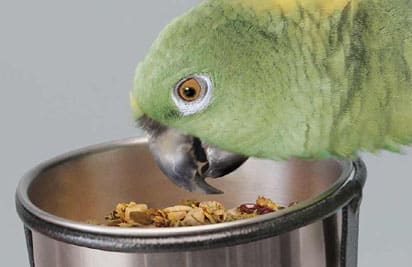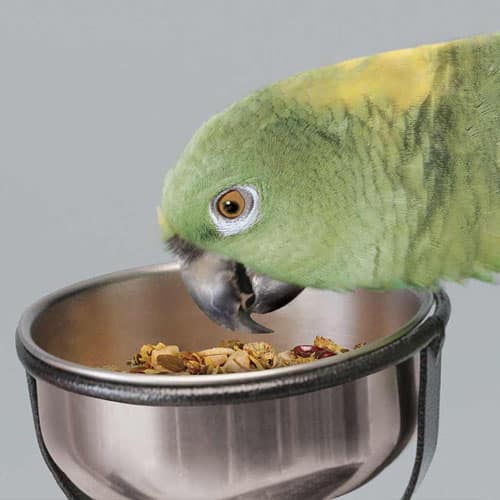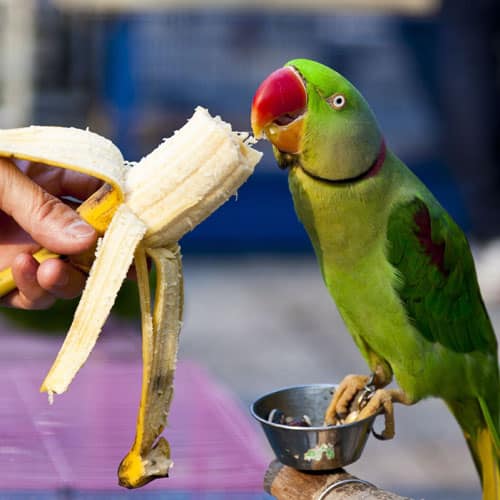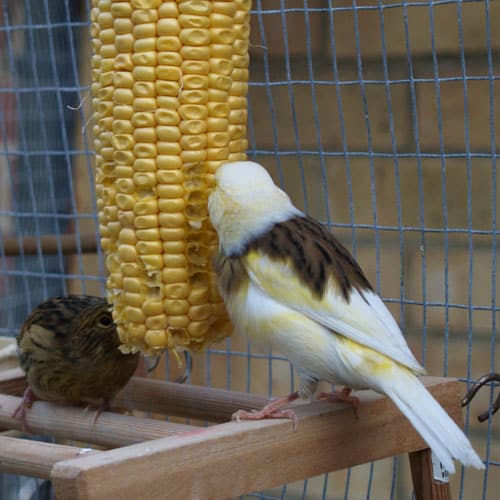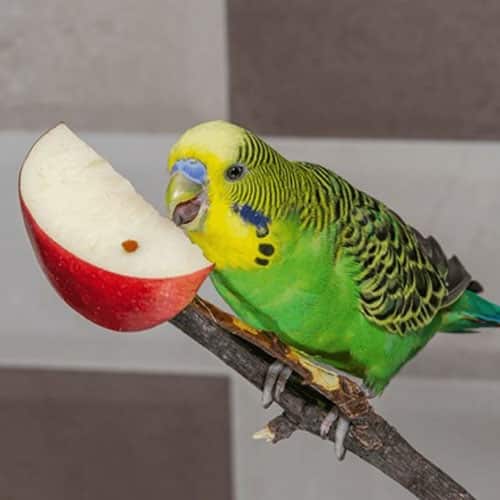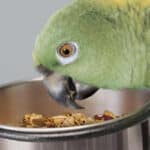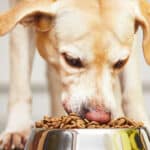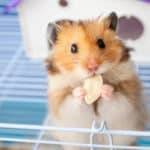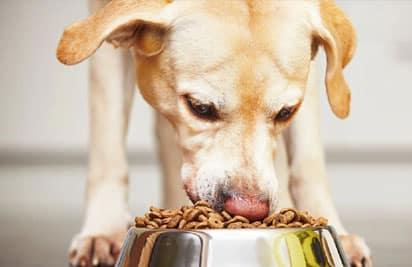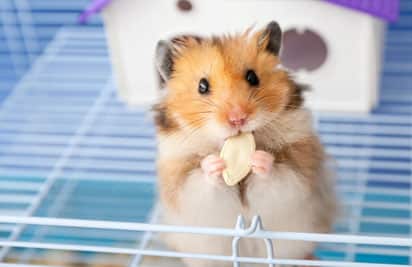A Balanced Food Diet for Your Pet Bird – Petland Malta
What you need to know?
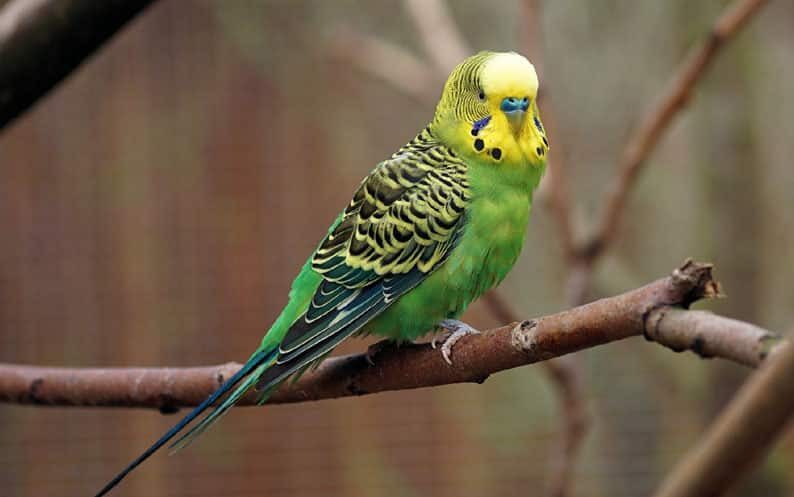
A Balanced Food Diet for Your Pet Bird
When it comes to caring for pet birds, diet is one of the most critical aspects of their health and happiness. Just like humans, birds require a balanced and varied diet to thrive. While seeds are commonly associated with bird food, a seed-only diet can lead to nutritional deficiencies. To ensure your feathered friend lives a long, vibrant life, it's important to understand what a truly balanced bird diet looks like.
Understanding Your Bird’s Nutritional Needs
Different species of birds have different dietary requirements. For instance, parrots, parakeets, canaries, and finches all have varying needs when it comes to protein, fat, fiber, and essential vitamins and minerals. However, most pet birds benefit from a mix of the following five core food groups:
-
Pellets
-
Fresh Fruits and Vegetables
-
Grains and Legumes
-
Seeds and Nuts (in moderation)
-
Clean Water
1. Pellets: The Foundation of a Balanced Diet
Commercially formulated pellets are designed to offer balanced nutrition. They contain essential vitamins, minerals, proteins, and fats tailored to the species of your bird. Pellets should make up about 60-70% of your bird's daily intake. They're a safer alternative to a seed-only diet, which is often high in fat and low in nutrients.
When selecting pellets, choose high-quality brands that are free from artificial colors and preservatives. Gradually introduce pellets to your bird if they are used to seeds, as sudden changes can lead to refusal and nutritional stress.
2. Fresh Fruits and Vegetables: Nutrient-Rich Treats
Fresh produce is a critical part of a balanced bird diet. Vegetables such as leafy greens (like kale, spinach, and dandelion greens), carrots, broccoli, bell peppers, and squash are nutrient-dense and should be offered daily. Fruits like apples, bananas, mangoes, berries, and melons can also be given, though more sparingly due to their sugar content.
Always wash fruits and vegetables thoroughly and remove seeds or pits from fruits like apples and cherries, which can be toxic.
3. Grains and Legumes: Healthy Carbohydrates and Protein
Whole grains such as brown rice, quinoa, oats, barley, and whole wheat bread (in small amounts) provide fiber and energy. Cooked legumes like lentils, chickpeas, and black beans are excellent protein sources and are a great addition to your bird’s meal rotation.
Make sure all grains and legumes are cooked and unsalted. Raw beans can be harmful, so never feed them uncooked.
4. Seeds and Nuts: Occasional Treats
Seeds and nuts are tasty and loved by birds, but they are high in fat and should be fed in moderation. These can be used as training treats or occasional snacks, especially for active species like parrots who need a bit more fat in their diet. Opt for raw, unsalted options such as sunflower seeds, almonds, or walnuts.
Avoid making seeds the main part of your bird’s diet, as this can lead to obesity, vitamin deficiencies, and other health issues.
5. Fresh, Clean Water: Daily Essential
Water is often overlooked but is vital to your bird’s health. Change the water daily, and clean the bowl regularly to prevent bacteria buildup. If your bird bathes in its water dish, consider providing a separate bowl for bathing.
Final Tips for Feeding Your Pet Bird
-
Variety is key. Rotate foods to keep your bird interested and to provide a wide range of nutrients.
-
Avoid toxic foods. Never feed birds chocolate, caffeine, alcohol, avocado, onion, or garlic.
-
Observe your bird. Monitor their eating habits and energy levels. Sudden changes may indicate health issues.
-
Consult your vet. A bird-savvy veterinarian can provide tailored advice based on your bird’s species, age, and health.
Feeding your bird a balanced diet takes effort, but the rewards are immense: a healthier, happier, and more active companion who will sing, play, and thrive by your side for years to come.
Gallery
Contact Petland Malta
For more information and professional help and guidance contact Petland Malta now!
